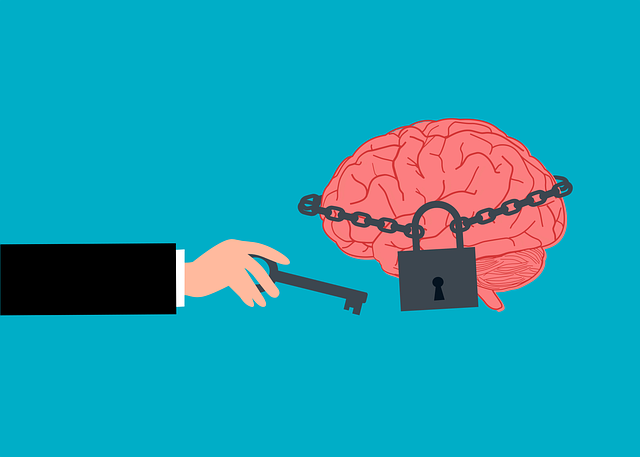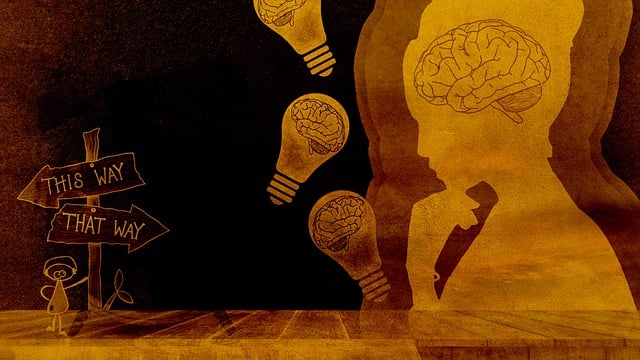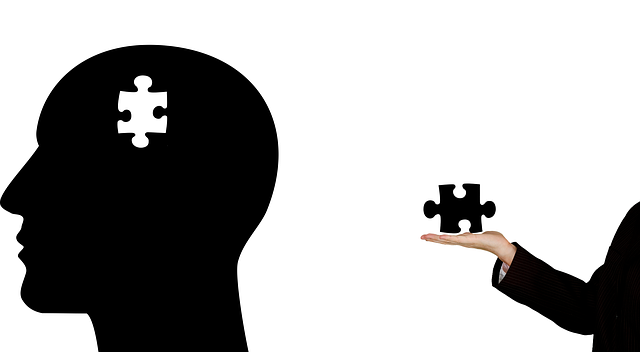Adjustment Disorder is a common mental health challenge among adolescents, often triggered by significant life changes and impacting daily functioning, relationships, and academics. Early identification is crucial; therapy like Cognitive-Behavioral Therapy (CBT) and strategies such as positive thinking exercises, burnout prevention, anxiety relief techniques, and wellness coaching programs are effective. These approaches foster resilience, enhance self-esteem, and promote inner calm. Regular progress tracking through journaling or structured emotional assessments helps identify patterns and measure growth. With tailored guidance from therapists, teens gain the skills to maintain positive mindsets and adapt to challenges, ultimately improving their long-term mental health.
Positive thinking exercises offer a promising approach to supporting adolescent teens with adjustment disorder. This article delves into the effectiveness of these techniques as a form of therapy, exploring how they can empower teens to navigate emotional challenges. We discuss the implementation process, highlighting key strategies for mental health professionals. From understanding adjustment disorder to tracking progress, learn how positive thinking can foster resilience and promote lasting positive changes in teen lives.
- Understanding Adjustment Disorder in Adolescent Teens
- The Role of Positive Thinking Exercises
- Implementing Effective Techniques for Teen Mental Health
- Tracking Progress and Sustaining Positive Changes
Understanding Adjustment Disorder in Adolescent Teens

Adjustment Disorder is a common yet often overlooked mental health challenge among adolescent teens. It manifests as a prolonged period of depression, anxiety, or irritability following a significant life change or stressor, such as moving to a new school, experiencing parental divorce, or facing academic pressures. This disorder can significantly impact a teen’s ability to function normally in daily life, affecting their relationships, performance at school, and overall mental wellness.
Early identification is crucial for effective treatment, which often involves therapy tailored to the individual needs of the teen. Cognitive-behavioral therapy (CBT) has proven successful in managing symptoms by helping teens challenge negative thought patterns and develop healthier coping mechanisms. In some cases, medication might be prescribed alongside therapy, especially when severe symptoms of anxiety or depression are present. Additionally, Burnout Prevention Strategies for Healthcare Providers can offer valuable insights into supporting adolescents through mental health challenges, while Anxiety Relief techniques and Mental Wellness Coaching Programs Development can further enhance therapeutic interventions, fostering resilience and adaptability in teens navigating Adjustment Disorder.
The Role of Positive Thinking Exercises

Positive thinking exercises play a pivotal role in fostering mental wellness among adolescent teens struggling with adjustment disorders. These therapeutic interventions leverage the power of mind over matter principles to challenge negative thought patterns and replace them with more adaptive, positive perspectives. By incorporating practices like journaling, gratitude lists, and affirmations, teenagers can learn to navigate their emotions more effectively, build resilience, and cultivate a sense of inner calm.
This proactive approach complements traditional therapy for adolescent teens adjustment disorder, such as cognitive behavioral therapy (CBT). Integrating mental wellness podcast series production and mental wellness journaling exercise guidance into daily routines allows teens to develop coping strategies that are both engaging and empowering. Through consistent practice, these exercises can help young individuals reframe challenges, boost self-esteem, and ultimately, pave the way for long-term mental health and personal growth.
Implementing Effective Techniques for Teen Mental Health

Implementing effective techniques for teen mental health is a critical step in fostering resilience and overall well-being among adolescents. For individuals dealing with adjustment disorders, a common challenge during adolescence, positive thinking exercises offer a promising path to recovery. These exercises are designed to challenge negative thought patterns, a key aspect of many mood disorders, including depression and anxiety. By integrating evidence-based practices into daily routines, therapists can empower teens to manage their mental health proactively.
One such technique is cognitive reframing, which encourages adolescents to identify and replace negative thoughts with more positive and realistic ones. This simple yet powerful tool has been shown to boost confidence and reduce symptoms of anxiety and depression. Additionally, mindfulness practices, such as meditation and deep breathing exercises, can help teens stay grounded in the present moment, alleviating feelings of overwhelm and stress. These strategies, when incorporated into therapy for adolescent teens with adjustment disorders, have the potential to revolutionize their mental health journey, promoting long-lasting positive changes.
Tracking Progress and Sustaining Positive Changes

Tracking progress is a vital step in any positive thinking exercise, especially for adolescents navigating adjustment disorders. Regularly assessing one’s thoughts and emotions allows individuals to identify patterns and measure their growth. This process can be as simple as journaling daily experiences and reflections or using more structured tools provided by therapists. By documenting emotional states, triggers, and coping strategies, teens gain valuable insights into what works best for them. For instance, a teen with an adjustment disorder might notice that deep breathing exercises significantly improve their anxiety levels during stressful situations.
Sustaining positive changes requires continued practice and support. Therapy sessions can provide the necessary framework to integrate these new thinking patterns into daily life. Healthcare providers skilled in cultural competency training can offer tailored guidance, addressing any unique challenges or barriers. Over time, as teens experience the benefits of emotional regulation and self-esteem improvement, they become more empowered to maintain a positive mindset, even during difficult times.
Positive thinking exercises offer a promising therapy for adolescent teens struggling with adjustment disorder, providing them with valuable tools to navigate their mental health journey. By implementing these effective techniques, professionals can foster resilience and promote positive changes that sustain over time. Through tracking progress and encouraging consistent practice, teens can learn to manage their symptoms and improve overall well-being, ultimately empowering them to thrive in a world that often feels overwhelming.










